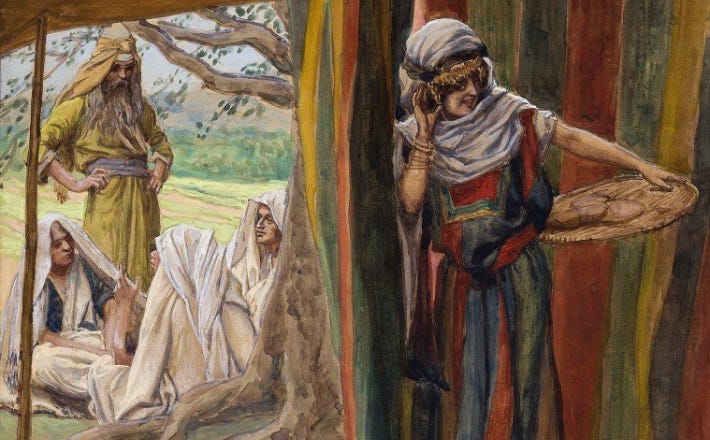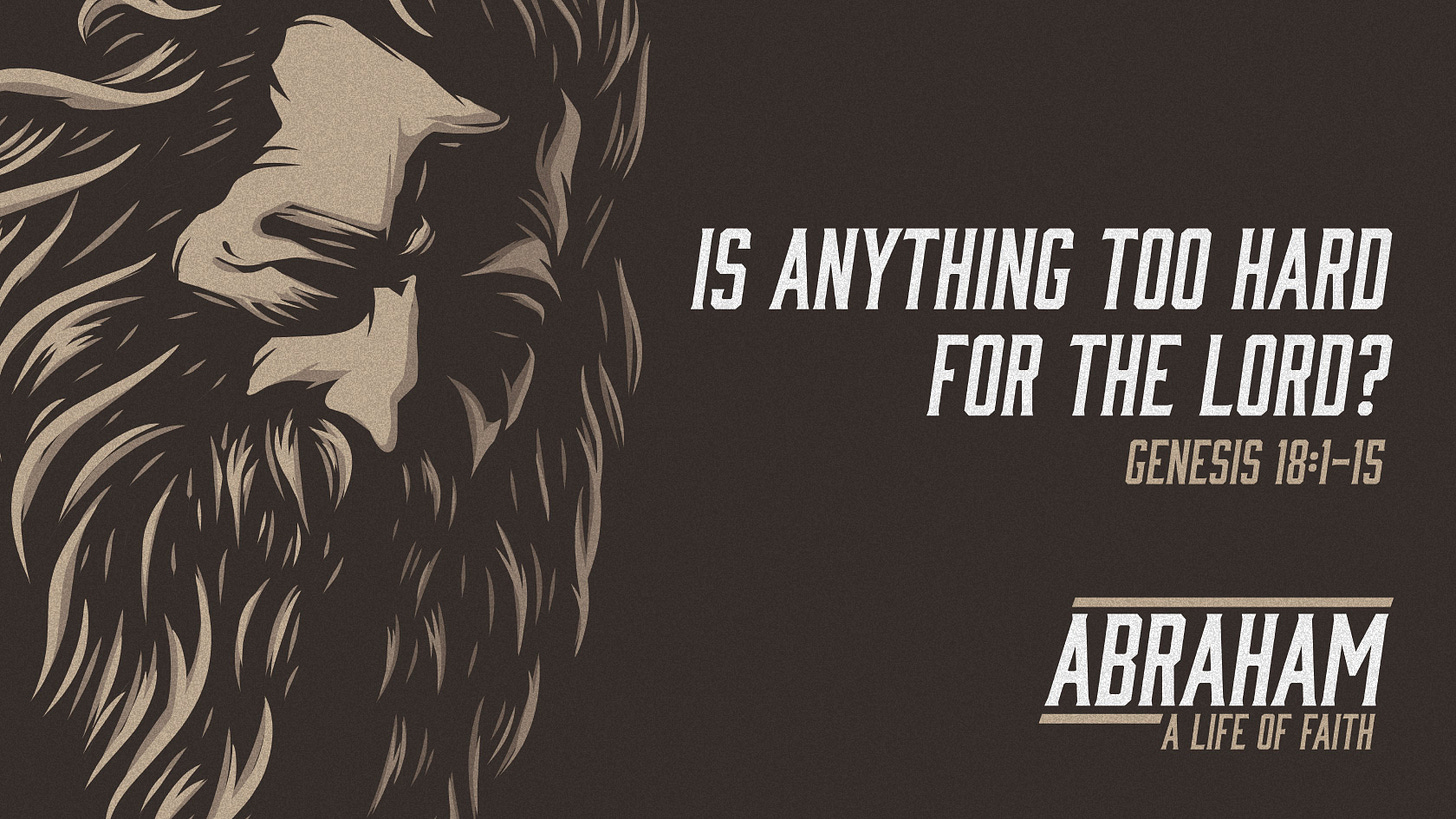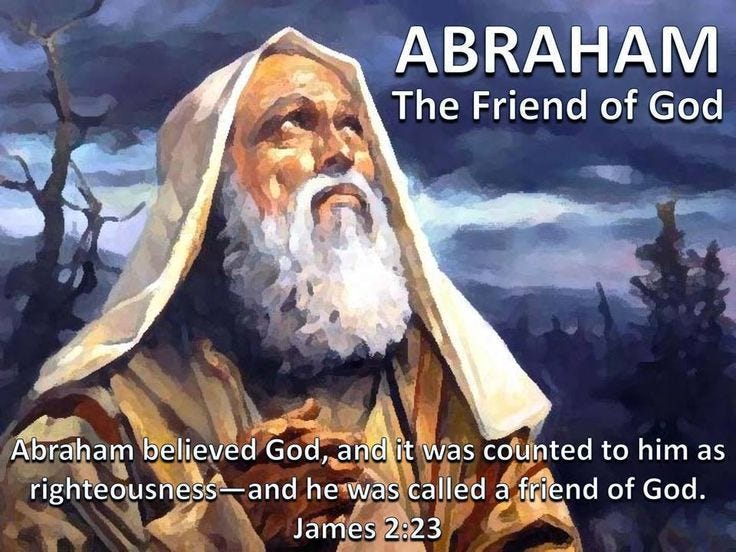In the 2000 movie The Family Man, Nicolas Cage plays a high-powered New York investor whose life is upended by an angel disguised as a menacing street tough (Don Cheadle). Around the same time, Bedazzled cast Elizabeth Hurley as the devil, with Brendan Fraser meeting yet another angelic stranger disguised as a threatening prisoner. Apparently, the turn of the millennium had a thing for portraying angels and even God Himself as thuggish, edgy, and non-judgmental.
That fits a popular idea of God today: a deity who “accepts everyone,” like an indulgent grandparent who shows off our photos to the angels and never scolds. In this view, God is mostly about gentle affirmations. Anything that draws lines or makes judgments—like saying “Mormons are not Christians”—is automatically dismissed as “un-Christ-like” by people who may not know Jesus but are certain He is always affirming, always smiling, always handing out “good tries.”
But what if that isn’t God at all? What if we wouldn’t even recognize Him if He walked right up to us—not because He might look like a thug, but because He might speak of judgment?
Abraham Recognizes the Lord
Genesis 18 gives us a very different picture. Abraham is sitting in the shade during the “heat of the day,” probably half-dozing, when three men appear. He looks up, instantly senses something majestic, and runs—literally runs—to bow down before them. He calls one of them “Lord,” pleads for the privilege of serving them, and sets Sarah and his servants to work preparing a feast.
Notice what the text doesn’t do: it never tells us what God looked like. That’s deliberate. We’re not supposed to imagine God’s appearance but to recognize His character. Abraham knew the Lord because he had been walking with Him. If you regularly interact with God—through Scripture, prayer, and worship—you’ll know His character when you see Him.
And if you do, you’ll serve Him. Abraham doesn’t lounge with the Lord like a buddy on a couch, scrolling Netflix. He scurries to serve. He’s reverent, eager, attentive—like a waiter hovering by the table to make sure nothing is lacking.
This is what interaction with the Lord looks like: not casual familiarity, but recognition, reverence, and readiness to serve.
“Is Anything Too Hard for the Lord?”
Then comes the promise. The Lord says Sarah will have a son within a year. Sarah, hidden in the tent, laughs. She’s nearly ninety. Infertile. Post-menopause. Humanly speaking, it’s impossible.
But the Lord asks, “Why did Sarah laugh? Is anything too hard for the Lord?” He knows her age, her infertility, her doubts. Yet He repeats the promise. By next year, she will cradle a baby named Isaac—“he laughs”—because God will have the last laugh.
That’s the heart of the chapter. We may not recognize Him, but He knows us. He knows our impossibilities. And nothing is too hard for Him.
God the Blesser—and the Judge
After the meal, the Lord heads toward Sodom. Here the story pivots. We see the same God who blesses Abraham now moving to judge a wicked city. This is the part of God our culture dislikes: the God who “reviews” as well as “reveals,” who patiently investigates but will, if necessary, punish.
We like God as the source of promises. We struggle with God as Judge. Yet Genesis 18 holds both together. The same God who planned to bless all nations through Abraham also sets out to deal with Sodom’s sin.
The point is not what Abraham saw but that he was able to see.
If your view of God stops with the blessing and ignores the judgment, your prayers will show it. You’ll mainly pray for health, comfort, or success—the treats you expect from a sentimental deity with your photo in His wallet. But if you know Him as the Judge of all the earth, your prayers will shift. You’ll plead for mercy—for yourself, for your neighbors, for a deceived world—because you know judgment is real.
Interceding Like Abraham
Abraham intercedes for Sodom. He appeals to God’s justice, asking if He will spare the city for fifty righteous people, then forty-five, then thirty, then ten. Every request is wrapped in humility: “I who am but dust and ashes… Oh let not the Lord be angry.”
That reverence is exactly what makes him “the friend of God.” Even intimacy with God doesn’t cancel awe; it deepens it. Recognition produces reverence, which produces intercession.
Would You Know Him?
God has already walked into our world—in Jesus Christ—and many who claimed to know God crucified Him. Isaiah had predicted it: “He had no form or majesty that we should look at Him… He was despised and we esteemed Him not” (Isa. 53:2–3).
Why assume we’d do better? Our hearts are just as blind, our assumptions just as wrong. Unless God reveals Himself, we won’t recognize Him. We’ll miss His majesty, reject His authority, or reduce Him to a cosmic granddad with a butterfly on His shoulder.
Genesis 18 confronts us with a different God: holy, awesome, judge of all the earth—and yet still the One who makes impossible promises, brings life from the dead, and keeps His word.
Would you recognize that God if He walked up to you? And if not, remember His question to Sarah: Is anything too hard for the Lord?
For the full exposition of Genesis 18, listen:
Covenant Reformed Baptist Church is Danville & Caswell County’s Reformed church.





